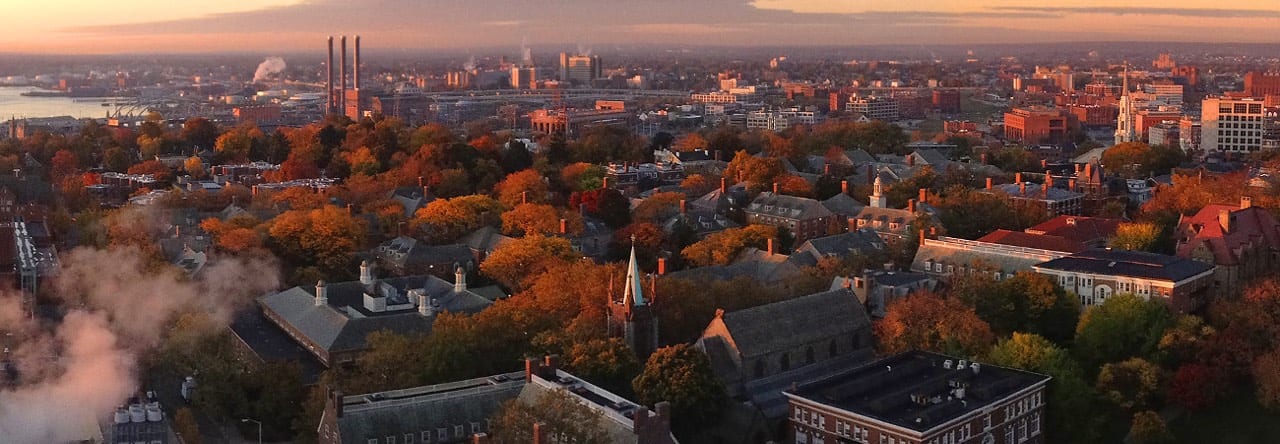
Meet Carla Yuridia Balvaneda (she/hers), a sophomore from Southern California. Carla plans to concentrate in International and Public Affairs, and potentially Education Studies as well. She is also the Community Outreach Chair for First-Gens@Brown. Read the full interview below:
How are you?
I’m alive. I’ve actually been doing pretty well I think. I almost don’t recognize myself with how well I’m doing. I’m putting support systems in place and taking care of myself in ways that I didn’t prioritize in other semesters. I really enjoy my classes this semester also.
Why did you decide to get involved with First-Gens@Brown?
I think coming in as a first-year, move-in day was probably the worst day. I remember during orientation week there was an event for U-FLi students. I almost cried because I remember hearing things that resonate with me. Coming here and not knowing a single soul was kind of alienating, along with the introduction to academia. Being involved with First-Gens@Brown was a way to be involved with the U-FLi Center and a group that works together to empower students. I think it was helpful for me to find that community and help foster that community I was looking for.

Any advice for first years?
Go to CAPS. I think it’s okay to not know, whether that’s what I want to concentrate in or feeling lost. I’ve realized that that’s not something only I was experiencing. Also definitely take advantage of resources, like being able to communicate with alumni, talking to deans, going to office hours. It’s definitely something I wasn’t comfortable with my first year because I didn’t have experience with it and was learning how to navigate it. I wish I had taken more risks in those areas. In terms of balancing family expectations and my expectations, I’ve realized that what really matters is what I want to do and that I enjoy doing what I want to do.
Who are you outside of Brown?
I feel like that’s something that lately I’ve been trying to figure out. In realizing that I’m going home, or things outside of school, I think it’s hard sometimes. Being on campus and living here, it feels like Brown is everything but I remind myself I’m only 19 years old. Being here is only a small part of who I’m going to be and who I want to be.
I also like literary fiction. I like hot cheetos with cheese, with lemon, or Valentina.















